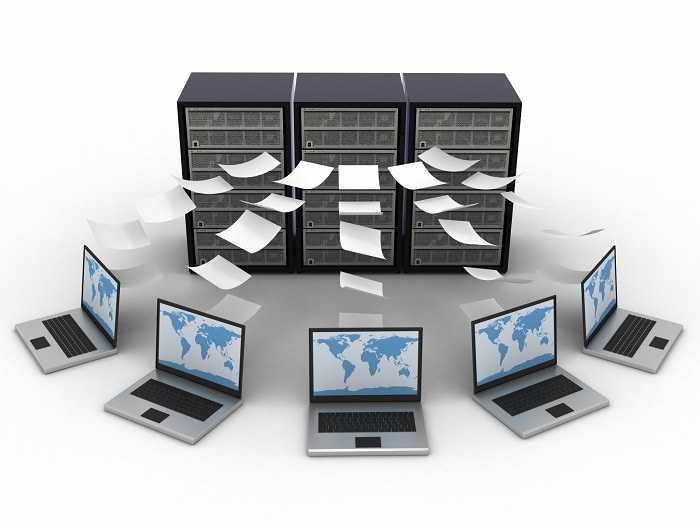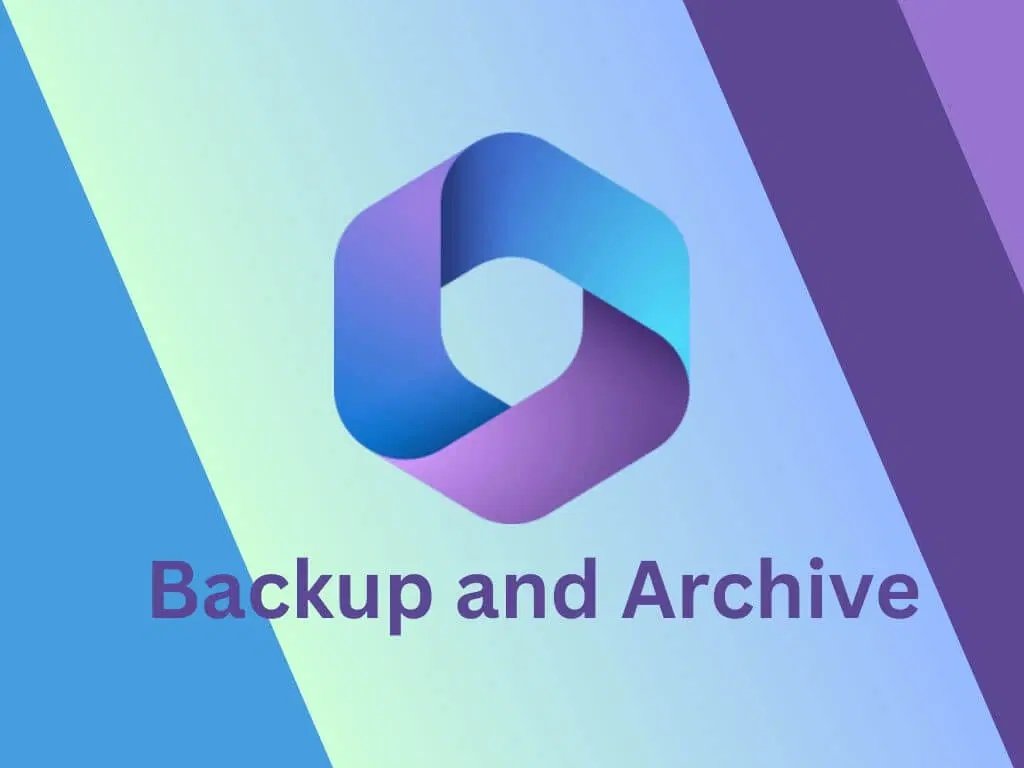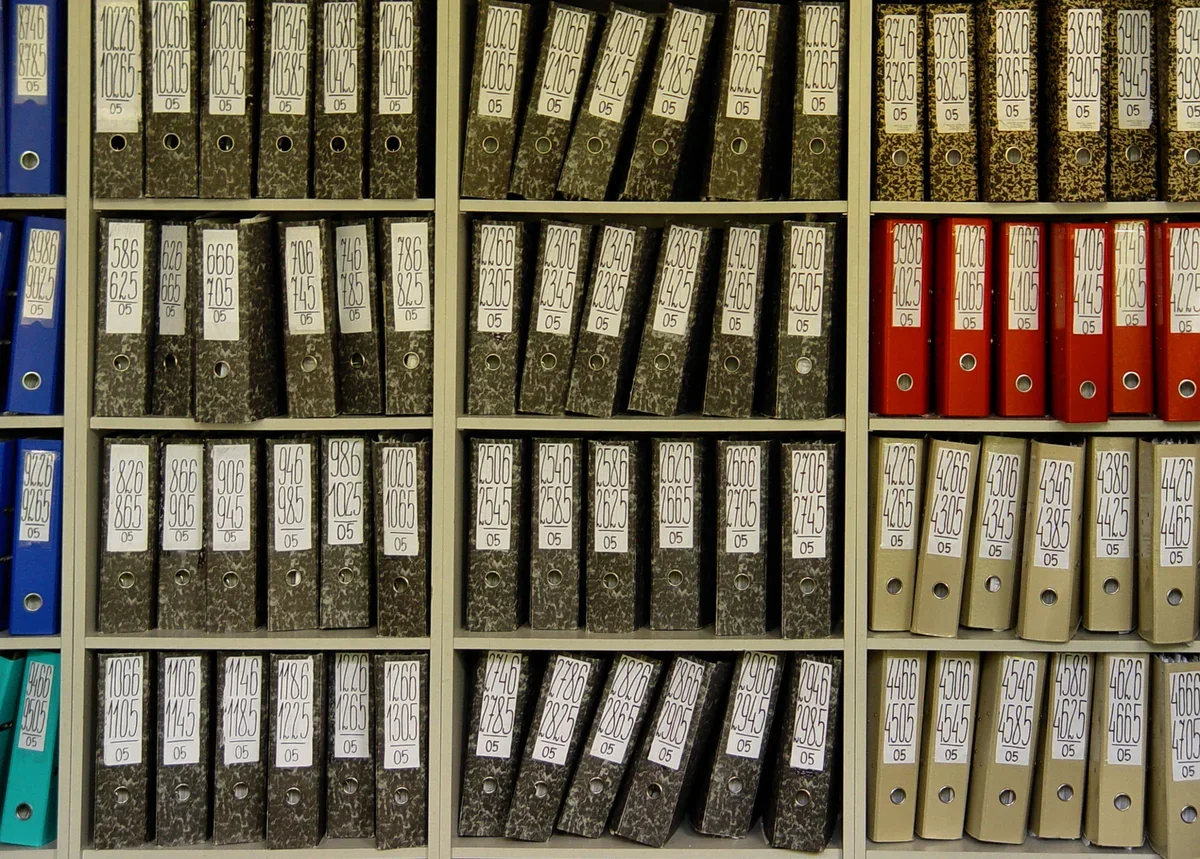The terms “Data Archiving” and “Data Backup” are quite confusing for many users. See what each task does and what the differences are.

The data of a company is vital to its existence, both from a tax point of view and from a business activity point of view. Modern companies now rely on computer systems and the data they produce.
If this data is lost, there is a great risk that the company will not be able to stand on the market again and will be closed. In everyone's mind comes the thought of "Creating backups" that will protect the company's data and allow it to continue its activities without interruption.
But there is also "Data Archiving" which is a completely different regime and many confuse it with backups. You will also see the term Archiving as ordinary users in various services, such as in Gmail (archiving a message), etc.
What is Data Archiving?

Data archiving (data archiving) is the process of identifying the important data of a user or a company, which is no longer needed immediately, is not so trivial to delete, and thus moves it to a secure location for long-term storage.
Long-term storage solutions are much cheaper compared to point-in-time data storage processing. You can access this archived data at a later point in time when you need it.
Through the practice of data archiving, you reduce the volume of data related to current production and thus reduce the load on your systems. Data that is not needed is often moved from your system and remains archived in a separate space that has minimal activity and resource consumption.
What are Data Backups?

Φανταζόμαστε όλοι γνωρίζετε την έννοια του backup. Σε μία εταιρεία το backup συνήθως περιλαμβάνει όλα τα τρέχον επιχειρησιακά δεδομένα σε τουλάχιστον 3 διαδοχικές χρονολογικά εκδόσεις. Η δημιουργία της 4η versions will delete the oldest one and so on.
In case of data loss or data corruption, you can restore the most recent copy. The primary intention of data backups is to quickly recover your system in the event of a data failure.
Backups vs Data Archiving

Data backups and data archiving are two necessary tasks for preserving your business data and they are different from each other.
Data backup mainly involves creating a copy of your business data so that in the event of a machine failure or a ransomware attack, the company can continue to work immediately and seamlessly.
In addition, backups help careless employees (and especially ignorant employers) to find the deleted version of word that they wrote days ago and accidentally deleted.
On the other hand, data archiving means long-term preservation of your data. This often involves retaining old data that is no longer needed for day-to-day operations or running analytics on older data.
Backups are usually taken frequently and incrementally. This is to ensure that you always have a copy of the most recent data available on your system. In terms of archiving, these are created less often.
If we refer to the retention period, the backups have a shorter life. After a certain period, delete the oldest backups. You replace them with more recently backups you have created. But this is not the case with data files. Data files are stored for a long time, often years or even decades.
If you need to access a data backup, you can do so very easily. By design, data backups are stored in such a way that you can quickly access them and restore them if needed. And you usually have multiple copies of the same data backup stored in different locations.
This is to ensure that if one backup is lost, you will still have access to another. However, when it comes to data archiving, files are often stored in long-term storage solutions in at most two copies. Data recovery takes longer compared to backups.
Importance of Data Archiving

All companies are now networked. Each employee also has a computer and enters data every working day. If you can take the position of IT manager for just one day you will be surprised by how much data is generated.
Just look at the volume of one employee's emails for a year, you will be stunned! Especially if he sends and receives messages with bulky attachments.
No employee "takes the risk" of deleting data that they consider no longer needed to perform their daily activities. He leaves them all there and the computer systems administrator is asked to save them once a case is closed.
This is where data archiving becomes an important task. You need to store a huge amount of data, with reduced storage costs and in such a way that it can be preserved for many years.
Archiving will help the company to know its history, to refer to past solutions and techniques and to perform an analysis of this data.
Subsequent analysis of historical data enables you to learn past trends and gain valuable insights from your historical data. This can help you make better decisions for your business.
Additionally, periodic archiving of your data may be mandated by market regulatory policies. For example, in Greece the accounting books of a company must be kept for at least 10 years.





